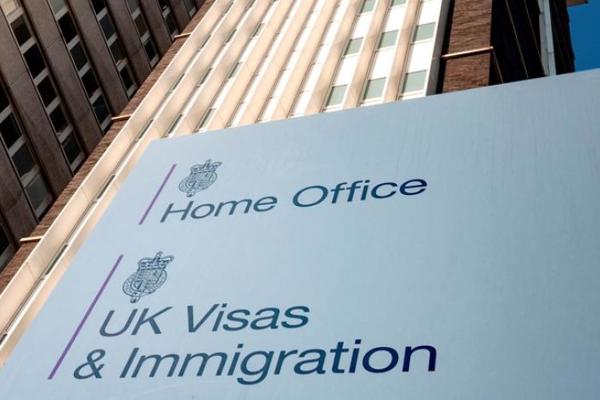When is a restricted certificate needed?
There are two types of Certificates of Sponsorship:
- Restricted certificates which are needed to hire workers who are currently outside the UK, or those inside the UK as the dependents of people with student visas. These are the type of cases subject to the annual cap.
- Unrestricted certificates, which are for visa extensions, for people earning over £159,600, hiring international students and intra company transfers. These are not subject to any annual limit.
The monthly allocation process
The annual limit of 20,700 certificates of sponsorship runs from April each year. The number of certificates is divided into monthly allocations, with more certificates being available in April and May.
Each month businesses that require a restricted certificate must apply to the Home Office using an online system with the deadline for applications being the 5th of the month. The Home Office will then process the applications on or around the 11th of the month.
Most months, the number of requests is lower than the number of available certificates, and all applications which meet the Home Office requirements are granted. However, where the number of requests is higher than the number of available certificates, priority is given to:
- PhD level jobs;
- Jobs which fall within the category of shortage occupation;
- Graduate jobs recruited through a milkround; and
- Higher salary jobs.
How to increase your chances of a successful application
There have been calls for the annual cap to be modified, increased or removed in light of the recent issues. In the meantime there are steps businesses can take now to maximise their chances of success:
- Check if a job falls within the “shortage occupation” list. For example, some digital technology companies qualify for an expanded shortage occupation list and if they register, their applications will be prioritised.
- Check the salary package. The Home Office will consider guaranteed bonuses and certain benefits. Not all benefits can be included within the salary package, and any benefits must also be paid to settled workers, but in some cases it is possible to increase the package the Home Office will consider.
Will there be any changes to the system?
The last time the monthly cap was reached, the Home Office made slight adjustments to the monthly allocation process but there are no proposals for change at the moment. For the time being, businesses should be prepared to apply under the current rules, and in some cases will need to advise candidates of potential delays.
If you would like advice about your application for a restricted certificate of sponsorship please get in touch.


